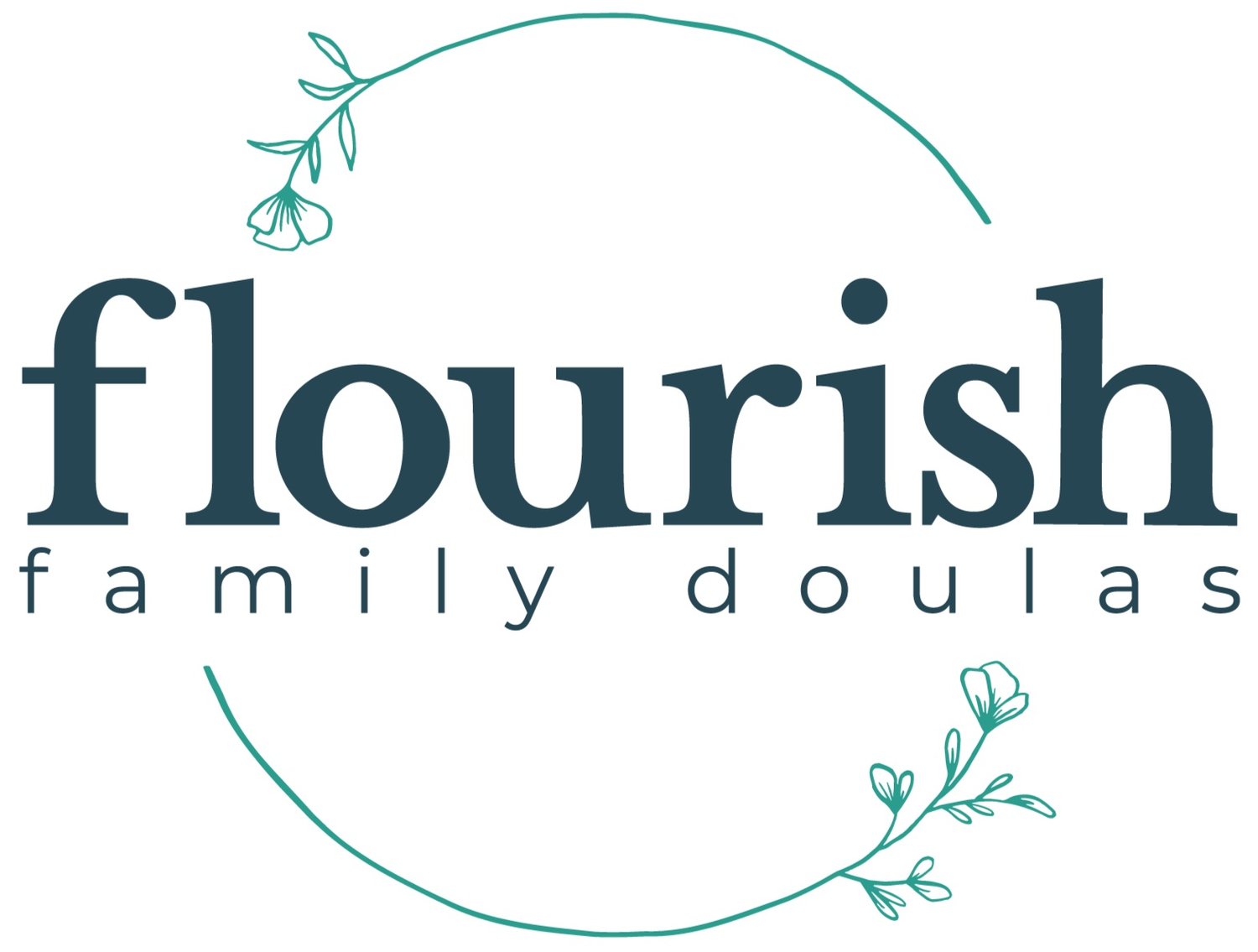Why You Should Eat Your Placenta
Your placenta contains a wide variety of hormones and minerals and each one plays a vital role during your pregnancy.
By consuming your placenta, you will receive these benefits in your postpartum healing period. To know and understand these hormones and minerals and what they do will help you make the decision if placenta encapsulation is right for you!
Copper and iron work together to restore hemoglobin levels, increase your absorption of iron which in turn, decreases the need for blood or iron transfusions.
Oxytocin stimulates the contractions to deliver your baby and your placenta but continues working to contract your uterus down to pre-pregnancy size. It helps aid in mother-baby bonding, lactation and helps prevent hemorrhage.
Progesterone provides mental clarity, reduces anxiety, boosts energy and regulates your immune system.
Prostaglandins promote healing in the postpartum mother. It assists in healing at the placenta attachment site, perineal and rectal tears and minimizes nipple soreness and inflammation.
A drastic drop of estrogen and corticotropin releasing hormone postpartum can contribute to postpartum depression symptoms. By ingesting estrogen and CRH through your placenta, you can replenish those lost hormones and it can help balance your mood out postpartum.
Prolactin and hPL work hand in hand in stimulating your body to begin making milk for your baby. Ingestion of the placenta has been linked to an increase in breast milk production.
Endorphins are your body’s natural pain relief. In our postpartum period it aids us in decreased post birth pain and decreases the need of pharmaceuticals.
Serotonin and vitamin B6 work together to regulate your sleep patterns, balance weight, improve mood and cognitive function and help prevent postpartum depression.
Your placenta is amazing for all the things that it does for your baby during pregnancy but also for all the things it can do for you postpartum! If you’re interested in placenta encapsulation services, you can get started here.


